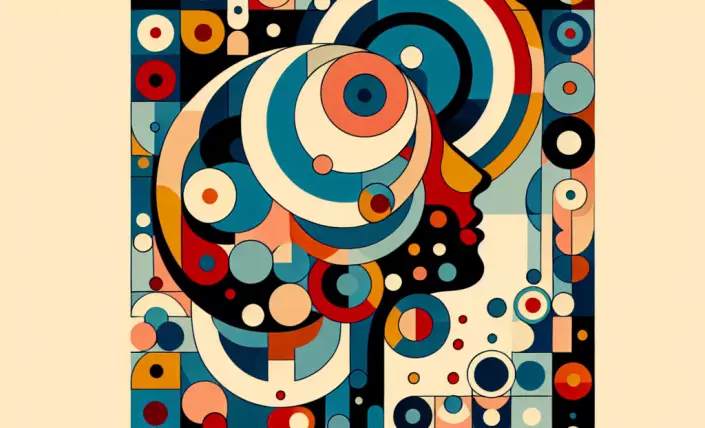In the ever-expanding realm of philosophical inquiry, few concepts are as intriguing or as enduring as the nature of reality. This theme, central to Plato's philosophy, continues to inspire reflection and debate. At the heart of Plato's exploration of reality is his Theory of Forms, a radical proposition asserting that the material world we perceive through our senses is but a shadow of a higher, immutable realm of pure forms or ideas. This duality between the world of appearances and the world of forms invites us to question the very fabric of our existence and what it means to truly 'know' something.
For Plato, the empirical world is transient and deceptive, akin to the shadows on the wall of his famed Allegory of the Cave. In this allegory, prisoners chained in a cave perceive shadows cast on the wall by objects behind them, mistaking these shadows for reality. This image serves as a powerful metaphor for human ignorance and the challenge of enlightenment. The journey out of the cave, into the bright light of the sun, symbolizes the ascent to true knowledge, where one apprehends the forms, the ultimate reality. This allegory prompts us to reflect on our lives: Are we content with the shadows, the superficial experiences and assumptions, or do we dare venture into the light of deeper understanding?
Plato's insistence on the distinction between appearance and reality has profound implications for how we live our lives. It challenges us to consider the values we hold, the beliefs we cherish, and the goals we pursue. Are they grounded in mere opinion or in true knowledge? In a world bombarded with information and ever-shifting perceptions, Plato's philosophy encourages a critical examination of what is presented to us. It urges an introspective journey to discern the essence beneath the surface, the unchanging truths amidst the flux. By questioning the reality we inhabit, by examining the 'forms' of our own existence—our values, ethics, and purpose—we embark on a transformative path that not only enriches our understanding but also enhances the authenticity and depth of our lives. In embracing the challenge of Plato's philosophy, we find a guide to navigate the complexities of human existence, seeking not just to live, but to live wisely.










